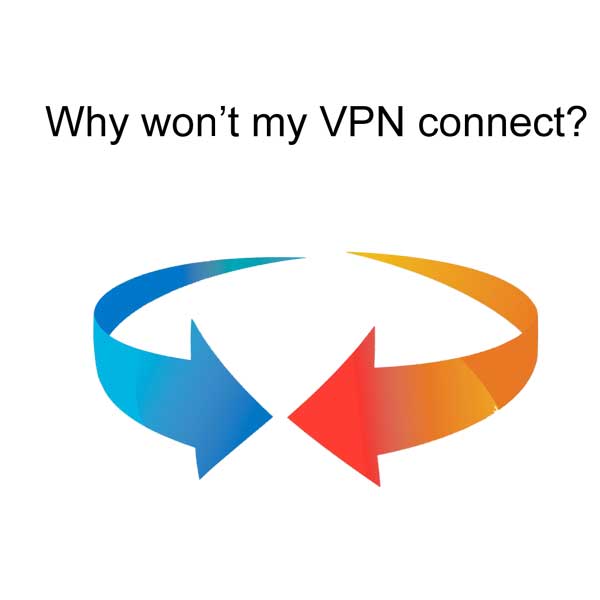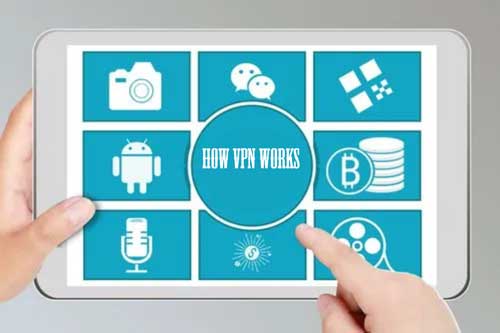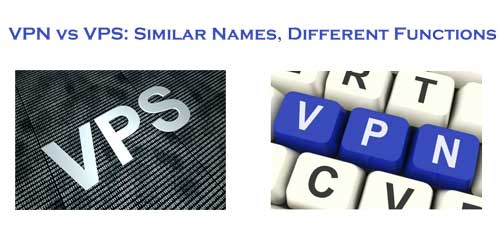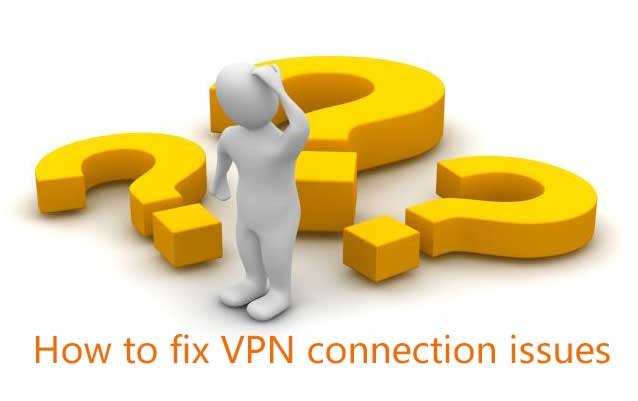Say you have a single VPN server in Prague. This means that every client connecting to your VPN server will connect via the Prague server.
This raises a few issues:
All users will be getting IPs in the Czech Republic, which may not be what they desire.
That server is going to get clogged up by traffic really fast.
Users in Bolivia will experience a larger internet speed drop when connecting to Prague than users in other parts of Europe.
Regarding the first point, having a specific IP may be important for people who want to unlock specific foreign content (this includes Czech users).
As to the second point, it has to do with the fact that the internet’s physical infrastructure isn’t endless. The connections and the ports can only handle this much concurrent traffic before they break (if you’ve ever had an online store go offline during a sale, you know what I mean).
Speaking of the last one, the further a server is from the user, the more the data gets bounced around, leading to greater decreases in speed.
You remedy these issues by having more servers.
More server locations means more options for people desiring IPs from specific countries.
More servers means that you’re less likely to experience congestion.
The closer a server is to a user, the faster the connection is.
Having 10 servers in Prague is a lot better than having just a single server in Prague. But having 10 servers each in Prague, Washing, Tokyo, Delhi, and Cape Town is even better.








